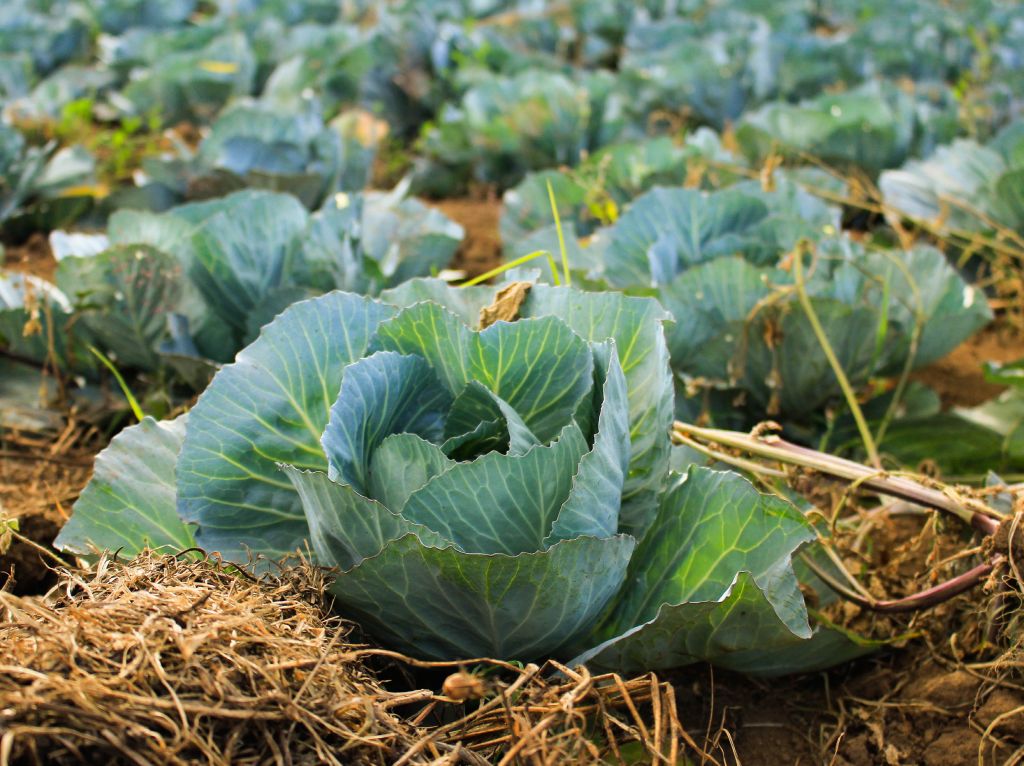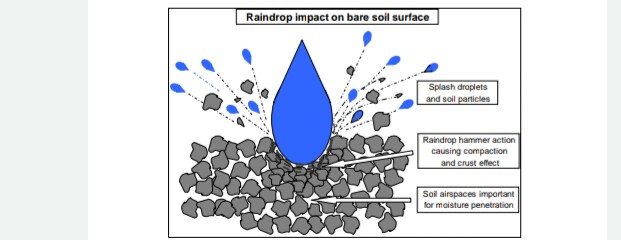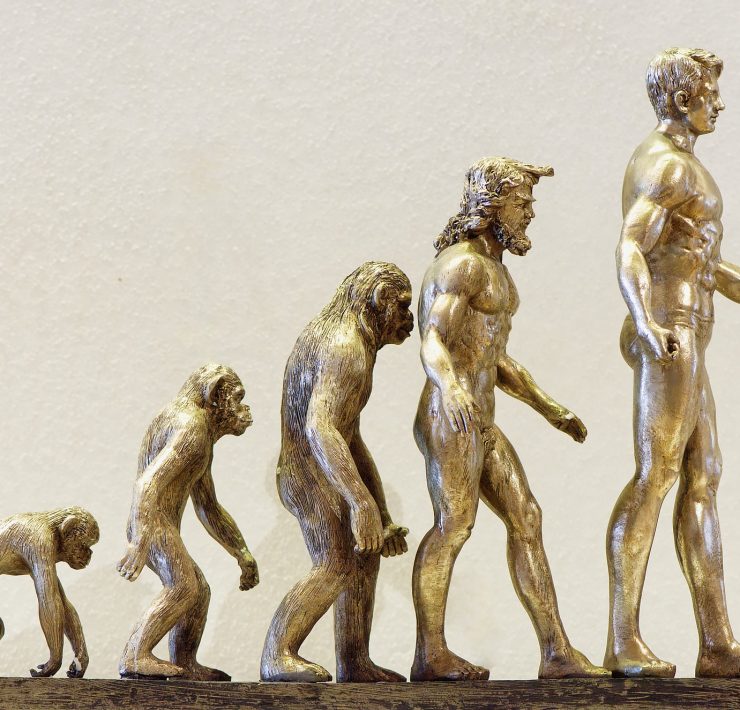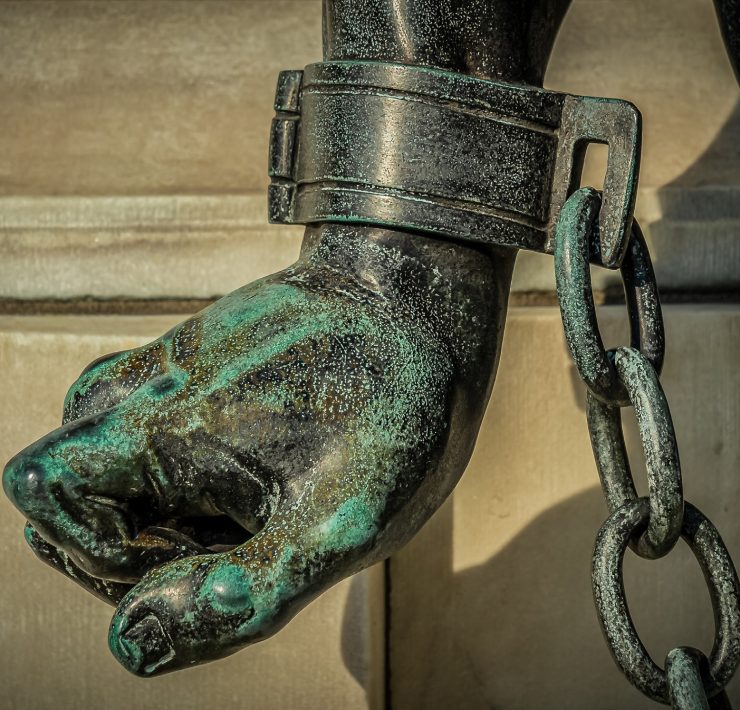20 Reasons Why We Do the How

Organic Farmer/ Green Energy Expert A father, a husband and…
It is amazing to see a simple method like Farming God’s Way being effective and yielding such great results. By following the secrets that our heavenly Father has revealed to us as closely as possible, we will obviously reap the rewards of His ways.
Our basic technology is:
- Do not plow;
- Do not burn or rather, incorporate God’s Blanket; and
- Practice rotations;
Understanding exactly why God’s ways are so effective is what this month’s article is all about and we call it 20 reasons why we do the how. We may not have space enough to go through all the twenty reasons but we shall see how far we get.
Man has ploughed for many centuries, with the first plows recorded even in Biblical times. In those days, plowing was done with very light spear tip tines, which did not invert the soil, but instead loosened the soil to a very shallow depth for planting. Plowing or inverting the soil, as done in modern times, has proven to be destructive, uneconomical and in addition, environmentally degrading.
The very first plowing tragedy occurred in the American Great Plains in the 1930s, after some devastating effects of plowing caused what is referred to as the Dust Bowl. These farmers had decided to practice very intensive harrowing of the top layers of their soils to create a powder-type mulch for the protection of the moisture in the dry season; however, they had no idea of the enormity of the wind erosion that was to come. The soil was blown up and dumped all over the USA, with some towns having houses, roads and vehicles buried in the soil.
These dramatic examples of wind erosion are highly visible, but we should realize that our malpractice of plowing also causes water erosion, which is far less visible, but far more devastating, with our soil ending up in rivers, catchments and oceans. Southern Afrikan agricultural lands lose between 55-250 tons or 1000 bags of soil per hectare per year through sheet erosion. Because of the folly of plowing, agriculture worldwide is moving away from the plow with over 100 million hectares currently being commercially farmed with no plowing or no-tillage, worldwide.
Unfortunately, no-tillage accounts for less than 1 million hectares in Afrika – so far!
Technologically, Farming God’s Way is not only about no plowing, but we are also after 100% mulch covers, which we call God’s Blanket. God’s Blanket has the potential to reveal God’s promised abundance in our fields, but most farmers, without this knowledge, reject this amazing gift by burning or burying it. To those that appreciate it, God’s Blanket becomes a real blessing and provides the ideal environment for the healing of the land to take place.
We will be comparing and contrasting conventional farming to Farming God’s Way stands throughout, to demonstrate the folly of man leaning on his own understanding as compared humbling ourselves and following God’s ways.
A) General Benefits
1) Minimal Runoff and 2) Minimal Erosion
Experiment 1: 2 runoff trays
Diagram 1

Let’s look at an experiment to show the effects of God’s Blanket on runoff rates and erosion. Each small container has the same amount of soil, with the difference being that the conventional farming trial has no cover and the Farming God’s Way trial has God’s Blanket. By pouring just 2 liters of water over each small container the results are dramatic.
You can clearly see how the runoff on a conventionally plowed field is very high and as the water gathers momentum down the slope it erodes the soil surface firstly and then forms rills and ultimately even causes gullies to develop.
In the Farming God’s Way trial even though we used the same “plowed soil” we covered it with God’s Blanket, the runoff is very low and as a result, the soil erosion is also minimal.
Rainfall trials done at Cedara in South Africa, applying 68mm on a 4% slope, showed that with conventional plowing, after 1 hour of rainfall, 90% of the applied rainfall was lost in runoff, along with 28.5 tons of soil was lost in erosion per hectare.
Whereas the no plowing trial, with 80% mulch surface cover lost only 6% of the rainfall in runoff and a mere 1-ton of soil was lost per hectare.
These are incredible facts! On their own, they should be enough evidence to convince farmers to turn to the way God has shown us.
3) Improved Infiltration
Experiment 2: Bread crust infiltration
So why do we lose so much water through runoff when we plow? Raindrops fall at very high speed, like little hammers, hitting the surface of the bare ground. Their impact causes a layer of compaction called a crust, just like that on a loaf of bread.
Let us look at an example of this effect with a loaf of bread.
Pouring just 250 ml of water on the crusted loaf, we collect 200 ml water.
That is because the crust seals the bread and stops the water from penetrating deeper.
This is exactly what happens when we plow, the first drops of rain create a crust and this allows only 10% of the rainfall to go into the soil and is very wasteful.
Diagram 2

When we pour 250 ml of water on the uncrusted surface…. we collect just 50 ml water i.e. 4 times as much water penetrates the uncrusted bread. God’s Blanket protects the soil from the hammer action of the raindrop by absorbing the impact like a shock absorber. When the raindrop’s kinetic energy is dispersed, the water gradually moves down to the soil surface, through the blanket and because there is no crust, it is rapidly absorbed. Once the water reaches the unplowed soil, it rapidly infiltrates down the many insect, earthworm and root channels, just like a sponge. In this way, we receive the gift of God and very little moisture is wasted. So the reasons why the Cedara experiment showed a 94% infiltration rate is because of the absorption of kinetic energy of the raindrops by God’s Blanket and the sponge-like soil conditioning by the living organisms and from not plowing.
4) Evaporative Loss
Experiment 3: Evaporation
The 10% of the moisture that infiltrates plowed soil is open to very high surface temperatures because of the heat of the sun, causing significant moisture losses through evaporation. We have measured surface soil temperatures over 65 degrees and you can imagine how much evaporation takes place under these extremes of heat!
Leave the two runoff trays used in experiment 1 in the sun for 5 hours and then compare the evaporative loss.
The soil in the conventional tray dries out quickly and becomes hard like a clay brick and cracks.
The soil in the Farming God’s Way tray, with 100 percent continuous surface cover of God’s Blanket, which shades the soil surface, is moist and cool. The blanket significantly reduces evaporation from the soil and is a major benefit to Farming God’s Way success stories, even under drought conditions.
5) Cooler Soil Temperature Better for Seedlings
Cooler soil temperatures can be a negative initially, as this causes slower germination and early growth when compared to plowed lands, but remember that the cropping cycle is 5 months long not 2 weeks, so be committed to the long term impacts.
Once the seedlings are established and have pushed through the blanket they flourish and overtake neighboring fields within the first 3 weeks after emergence as they have ideal temperatures for root establishment.
6) Don’t Waste the First Rain
Most farmers wait until the first rains before plowing. After their first plowing, they then have to wait again, as the soil dries out so rapidly because of the poor infiltration and evaporative losses. After receiving enough rain for planting, they then have wait again for at least 2-4 days before they can get their workers or tractors into the fields as otherwise it just becomes a quagmire. This is an expensive and wasteful exercise. When we turn to Farming God’s Way, we are able to prepare our fields for planting by digging our holes well before the first rains so we will not waste any of God’s precious gift. After the rains, we are able to get into the fields almost immediately, with no negative effects, because the soil is undisturbed and holds its structure. Therefore, we save our first rain and are able to get in to plant much sooner.
In the next article we shall continue with the “Twenty Reasons Why We Do The How” Meanwhile be sure to be on time for the coming rainy season from the middle of September. Finish the harvesting on time and start preparing the farm to plant before the first rain. Stay joyful!
Source material: Farming God’s Way Trainer’s Reference Guide. Dryden, G.W., 2009.
What's Your Reaction?
Organic Farmer/ Green Energy Expert A father, a husband and a son of God. He runs Viro Mental Ltd, a renewable energy and organic farming business. He ran a Solar and power solutions business for the last 12 years. In 2013 He answered God’s call to be a farmer and embarked on a learning process that has led to him seeking to be a qualified trainer in Farming Gods Way. PASSION FOR THE ART I love farming and green energy I am passionate about doing it in God’s way.

















